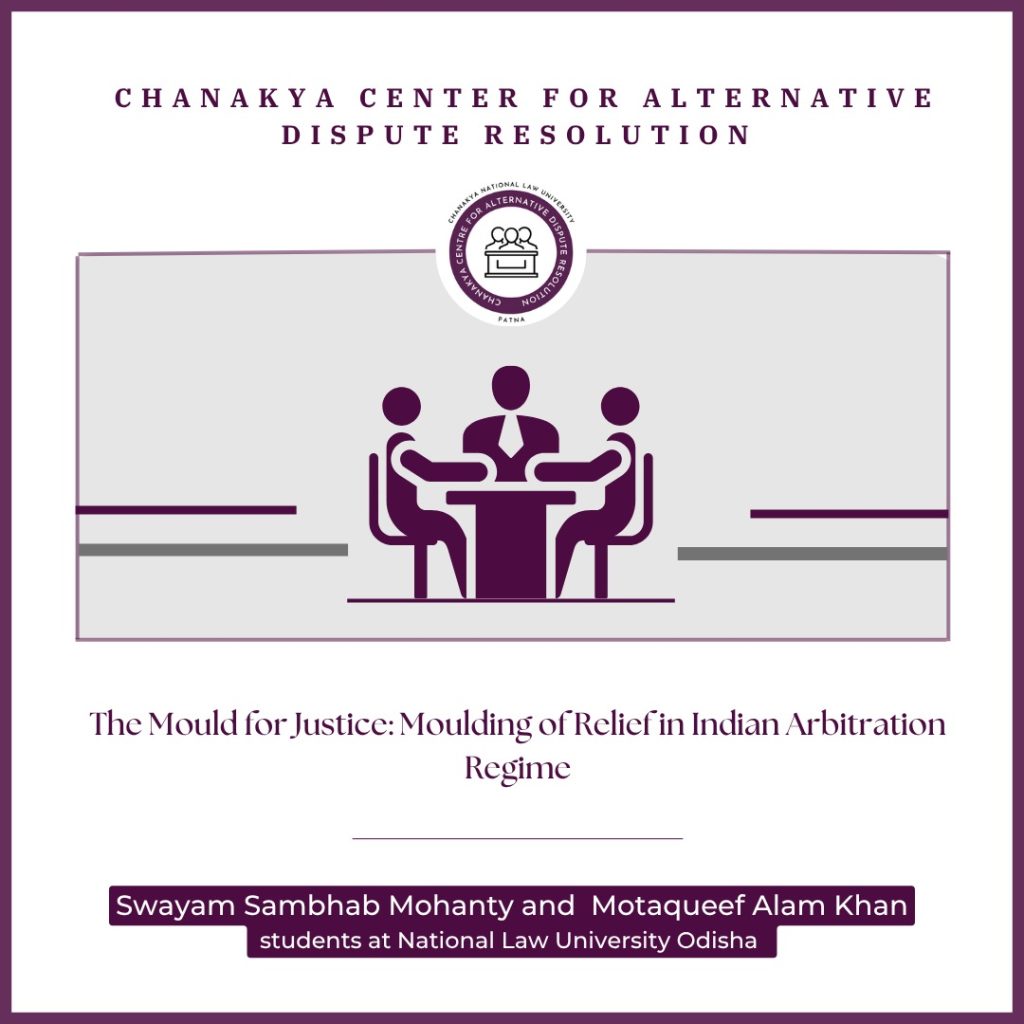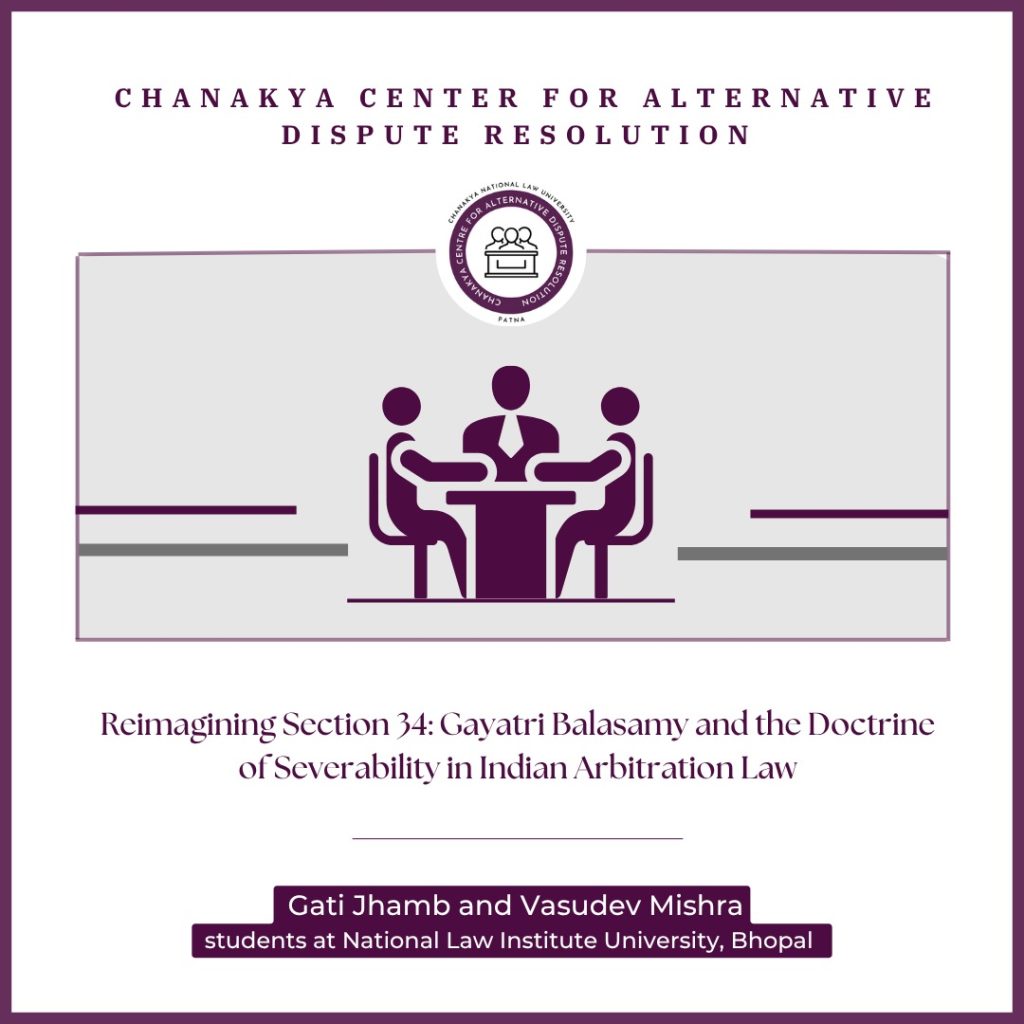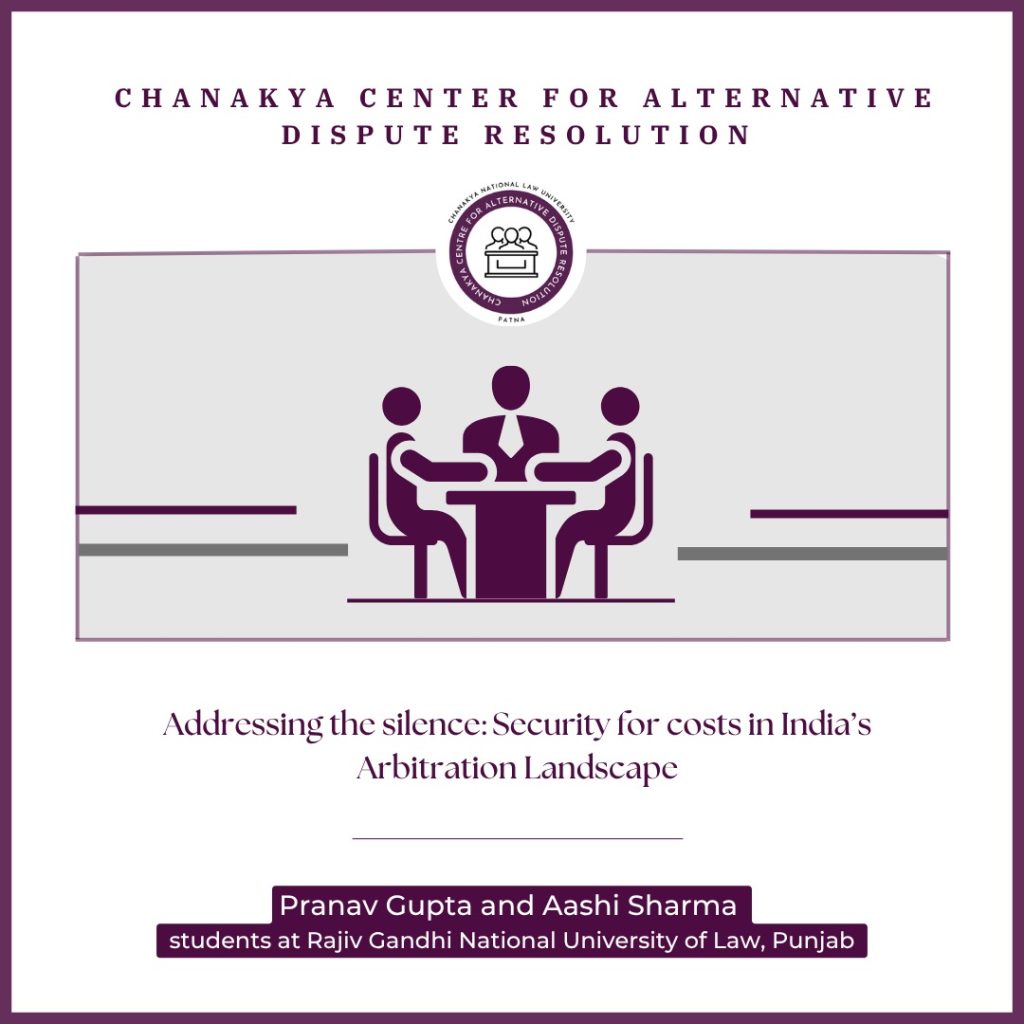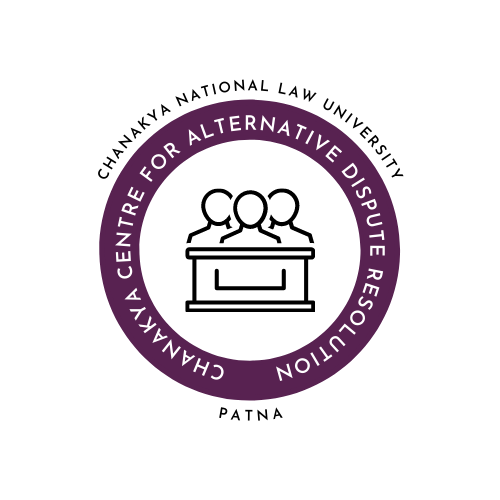Walking the Tightrope: The Delicate Dance of Neutrality and Independence in International Commercial Arbitration’s Pursuit of True Justice
This blog has been authored by Vertika Kashyap, first-year student at Chanakya National Law University, and the winner in the CNLU Fresher’s Blog Writing Competition 2025-26.
From Bias to Balance: Supreme Court Levels the Playing Field in Unilateral Appointment of Arbitrator
The following blog has been authored by Kiran Ray, first-year student at Chanakya National Law University, and the second winner in the CNLU Fresher’s Blog Writing Competition 2025-26.
Arbitration 2.0: Is India Ready for Online Justice?
The following blog has been authored by Kashvi Shrey, first-year student at Chanakya National Law University, and the third winner in the CNLU Fresher’s Blog Writing Competition 2025-26.
A Misguided Approach to Lex Arbitri: Revisiting the Disortho Judgement
This article has been authored by Satvik Mittal, 3rd Year law student pursuing B.B.A., LL.B at National Law University Odisha.
Impleading Without Consent: Can Parties Be Impleaded Without Notice in Arbitration?
This article has been authored by Amitabh Kumar Saxena & Ashmit Chauhan, 4th Year law students at NLIU, Bhopal.
Section 34(3): The Period Prescribed for Discretion
This article has been authored by Nachiketa Narain and Syed Raiyyan, 3rd year students pursuing B.A. LL.B. (Honours) at RGNUL, Punjab.
Kompetenz-Kompetenz In Indian Arbitration: Between Judicial Gatekeeping And Arbitral Autonomy
This article has been authored by Paritosh Singh Dev, a third year student pursuing B.A. LL.B. (Hons.) at Dr. Ram Manohar Lohiya National Law University, Lucknow.
The Mould For Justice: Moulding Of Relief In Indian Arbitration Regime

This article has been authored by Motaqueef Alam Khan and Swayam Sambhab Mohanty, 4th year students at National Law University Odisha Introduction The recent ruling by the Supreme Court of India (“SC”) in J Ganapatha v N Selvarajalou Chetty Trust (“Chetty Trust”) has clarified the position regarding the role of the courts in molding relief part of civil […]
Reimagining Section 34: Gayatri Balasamy and the Doctrine of Severability in Indian Arbitration Law

This article has been authored by Ms. Gati Jhamb and Mr. Vasudev Mishra, 3rd-year Law Students at the National Law Institute University, Bhopal.
Addressing the Silence: Security for Costs in India’s Arbitration Landscape

This article has been authored by Aashi Sharma and Pranav Gupta, 2nd Year students at RGNUL, Punjab.
